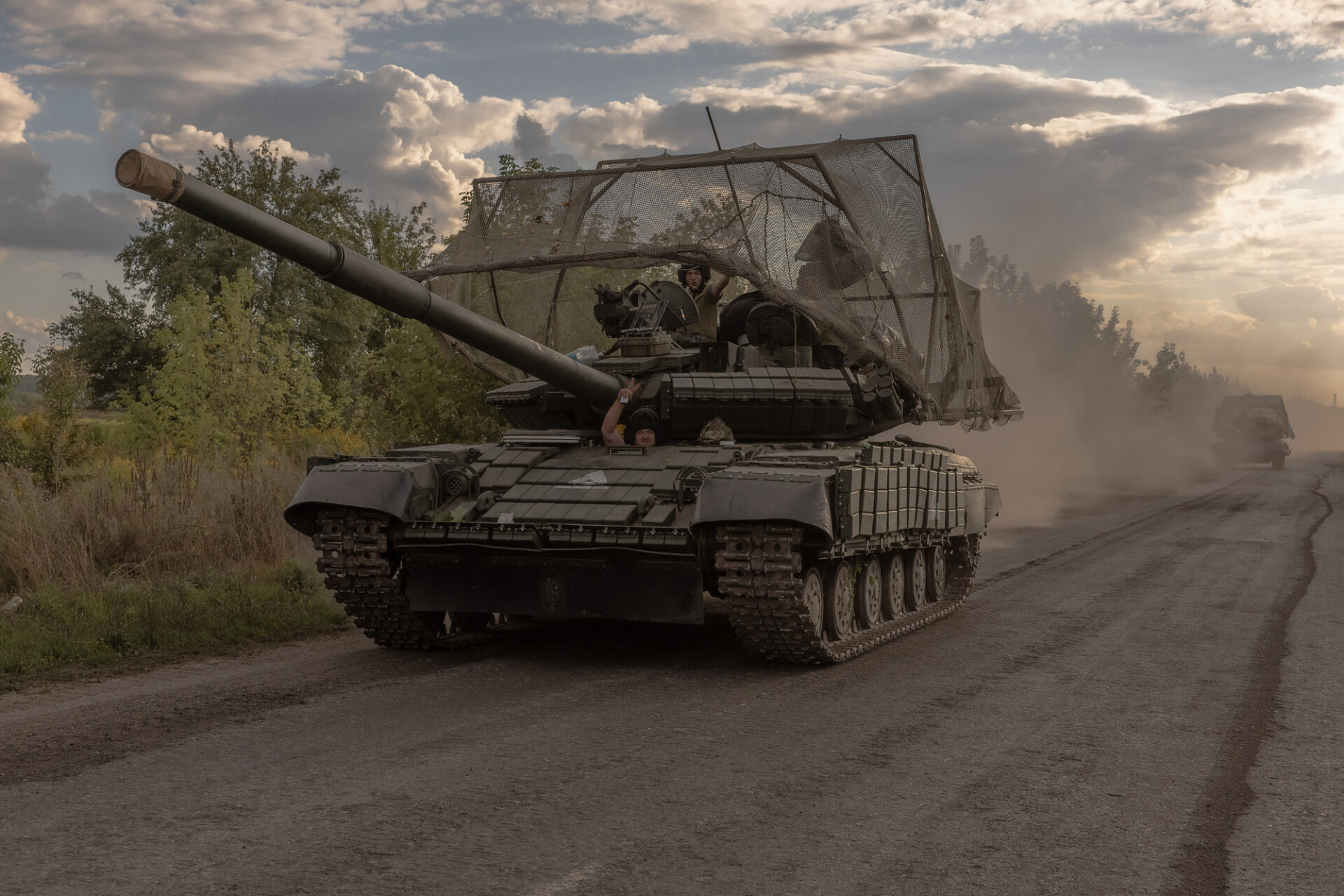Earlier this week, Ukraine launched its largest incursion into Russian territory since the February 2022 invasion. The ongoing foray prompted Russian president Vladimir Putin to call an emergency meeting of his national security council to contain and roll it back under the auspices of a “counter-terrorism operation”, which loosens restrictions and frees up additional resources for domestic territorial defence.
The implementation of a counter-terrorism programme in the Kursk, Belgorod and Bryansk regions bordering Ukraine enables authorities to tap phones and restrict the flow of people and vehicles to stem the crisis. It is a sign that the Russian leadership was caught off guard by the incursion, with authorities scrambling to address it. It is also a sign of Ukraine taking ownership of such raids. Previously, Kyev would hide behind some degree of plausible deniability, as in the case of the March 2023 assault. Here Russian dissident militants, including but not limited to far-Right elements belonging to the Russian Volunteer Corps, joined an assortment of anti-Moscow rebels from Chechnya. Moreover, this attack is using predominantly Ukrainian-born soldiers, who are openly operating vehicles and fitted with gear supplied by Nato countries.
Russia has not yet been able to get an adequate handle on the breakthrough, as, almost a week into the fighting, the Ukrainians have advanced with hundreds or perhaps thousands of soldiers approximately 30 kilometres into Kursk. Ukraine has also increased its use of electronic warfare and anti-aircraft systems to enable and support the breach. The intended duration of the operation is unclear and Ukraine is working without prepared and fortified defensive positions, meaning that it will be susceptible to the inevitable Russian counterattack. Yet, the shape of the push indicates Kyiv launched it with a planned withdrawal in mind.
Though unprecedented in scale and providing an array of operational and public relations benefits to Ukraine, the incursion is unlikely to shift the overall trajectory of the conflict in any significant way. Given the bleak state of the frontline — particularly in the Avdiivka area — the calculation and benefits may prove worth it if executed efficiently. For instance, there are signs it has boosted the morale of certain segments of Ukraine’s military and could force Russia to draw personnel from the frontline while producing casualties and POWs.
This marks a notable escalation by the Ukrainian leadership. The fundamentals, though, have not changed. Ukraine might see its best chance of keeping the pressure on by launching this surprise attack, but it likely will not be enough to shift the war in its favour. Russia maintains the military advantage and, despite considerable losses, it is incrementally gaining ground and seizing settlements in the Pokrovsk direction. Kyev’s Kursk raid may boost morale, but its impact will be largely symbolic.











Join the discussion
Join like minded readers that support our journalism by becoming a paid subscriber
To join the discussion in the comments, become a paid subscriber.
Join like minded readers that support our journalism, read unlimited articles and enjoy other subscriber-only benefits.
Subscribe